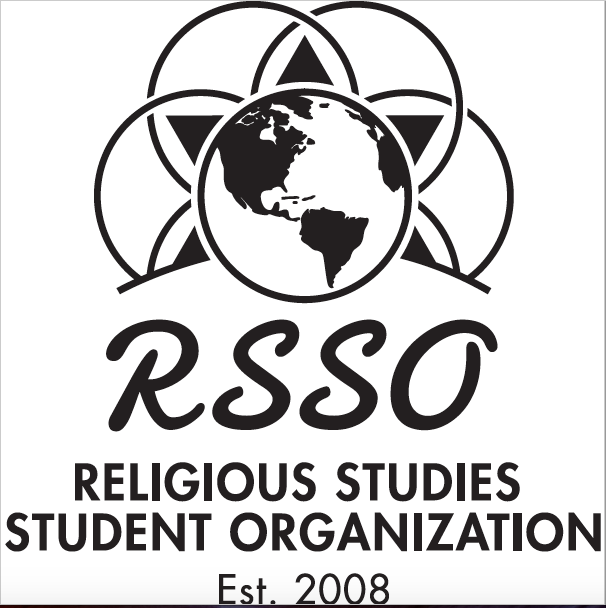Ecstasy as an altered state of consciousness in Sufi Practice
Start Date
10-4-2021 10:35 AM
End Date
10-4-2021 11:40 AM
Abstract
Living in the global epidemic depression and rise of PTSD provoke me to explore the experience of ecstasy and the community of euphoria exist in the cultural practices around the world. Religious rituals and practices as a vehicle for experiencing ecstasy particularly draw my attention for inquiry through the framework of alter state of consciousness in anthropology of religion. The religio-cultural practices in different parts of the world throughout the history provide evidences of ecstatic state of mind in individuals and groups as the practitioners of those rites. In the Islamic mystic tradition, for example, search for God, releasing human ego and identifying with divine self, often occurs through musical ensembles. Diverse genres of music had been developed locally in Turkey, Iran, Iraq, Morocco, Indonesia, Pakistan, India and Bangladesh to invoke ecstatic state of consciousness when performing together in pursuit of spiritual transformation. Efforts have been made to explore such musical religious rites and invoking collective effervescence of euphoria without using any drug or medicinal herbs. The practitioners of this traditions have developed their own episteme on the nature of cosmic reality, nature of God, human existence and relation of the creator and the created. I shall examine the nature of such consciousness and transformation into the altered state of consciousness. I would investigate the ways self enters into a new identity through the rites and become uplifted to an altered state reviewing existing ethnographies and researches. I would specifically focus on the wide practice of ‘zikr’ and associated musical performance among the Sufis in the shrines in the South Asia. Schools of thought or Sufi order, chistya, naksbandi, for example, have to be explored to get the details of the method of achieving the ecstatic state.
Ecstasy as an altered state of consciousness in Sufi Practice
Living in the global epidemic depression and rise of PTSD provoke me to explore the experience of ecstasy and the community of euphoria exist in the cultural practices around the world. Religious rituals and practices as a vehicle for experiencing ecstasy particularly draw my attention for inquiry through the framework of alter state of consciousness in anthropology of religion. The religio-cultural practices in different parts of the world throughout the history provide evidences of ecstatic state of mind in individuals and groups as the practitioners of those rites. In the Islamic mystic tradition, for example, search for God, releasing human ego and identifying with divine self, often occurs through musical ensembles. Diverse genres of music had been developed locally in Turkey, Iran, Iraq, Morocco, Indonesia, Pakistan, India and Bangladesh to invoke ecstatic state of consciousness when performing together in pursuit of spiritual transformation. Efforts have been made to explore such musical religious rites and invoking collective effervescence of euphoria without using any drug or medicinal herbs. The practitioners of this traditions have developed their own episteme on the nature of cosmic reality, nature of God, human existence and relation of the creator and the created. I shall examine the nature of such consciousness and transformation into the altered state of consciousness. I would investigate the ways self enters into a new identity through the rites and become uplifted to an altered state reviewing existing ethnographies and researches. I would specifically focus on the wide practice of ‘zikr’ and associated musical performance among the Sufis in the shrines in the South Asia. Schools of thought or Sufi order, chistya, naksbandi, for example, have to be explored to get the details of the method of achieving the ecstatic state.

